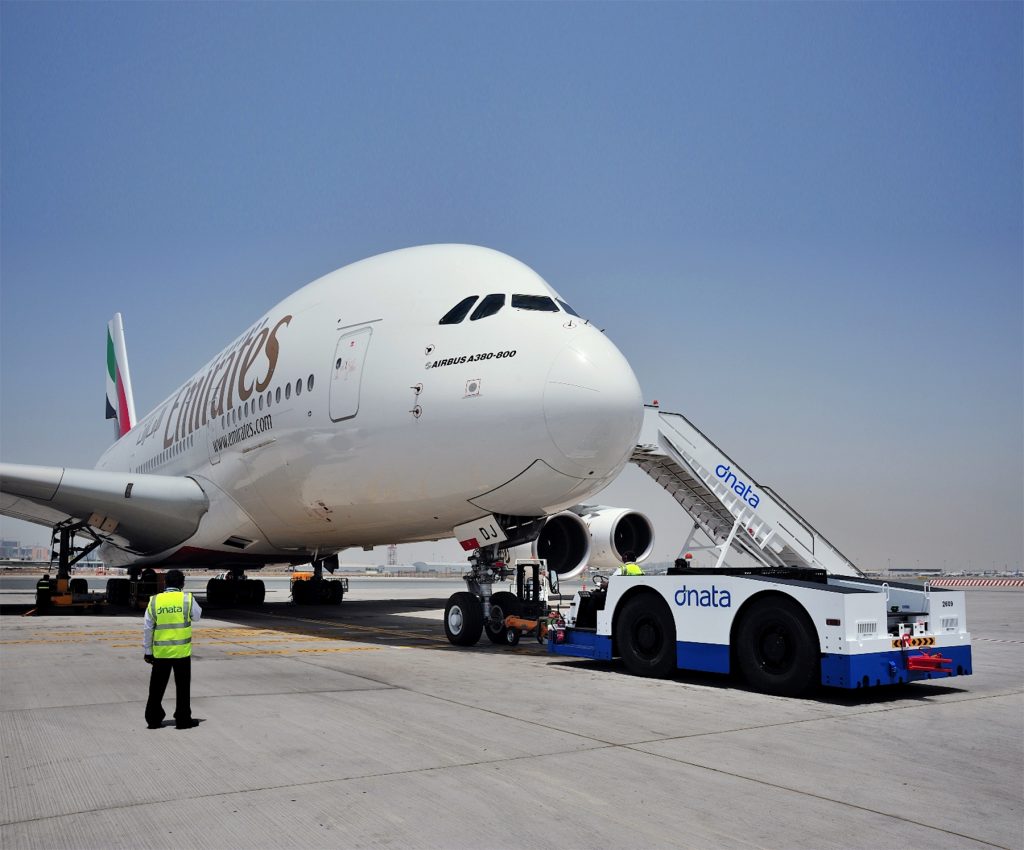São Paulo – Emirates airline has adapting operations since the new coronavirus pandemic began. The company decided to suspend most passenger operations by March 25. Cargo operations will be maintained. dnata, the airport services provider that is part of the Emirates group, has significantly reduced operations, including temporary closure of operations at some international locations where demand is low. The Group has implemented a basic three-month salary reduction for the majority of its employees so as not to cut jobs. The information was released by the company last Sunday (22).
The airline has aimed to maintain passenger flights for as long as feasible to help travelers return home amidst an increasing number of restrictions and country lockdowns across the world. Emirates has maintained vital international air cargo links for economies and communities, deploying its fleet of Boeing 777 freighters for the transport of essential goods including medical supplies across the world.
With many of its airline customers dramatically reducing flights or ceasing services altogether, dnata has also significantly reduced its operations, including temporarily shutting down some offices across its international network. The company provides aircraft ground handling, cargo, travel, and flight catering services for several companies.
Emirates Group chairman and chief executive Ahmed bin Saeed Al Maktoum was quoted as saying in a press release, “This is an unprecedented crisis situation in terms of breadth and scale.”
“As a global network airline, we find ourselves in a situation where we cannot viably operate passenger services until countries re-open their borders, and travel confidence returns. By Wednesday (25), although we will still operate cargo flights which remain busy, Emirates will have temporarily suspended most of its passenger operations. We continue to watch the situation closely, and as soon as things allow, we will reinstate our services,” Maktoum was quoted as saying.
The company has received requests from governments and customers to support the repatriation of travelers. Therefore, Emirates will continue to operate passenger and cargo flights to the following countries and territories until further notice, as long as borders remain open, and there is demand: the United Kingdom, Switzerland, Hong Kong, Thailand, Malaysia, Philippines, Japan, Singapore, South Korea, Australia, South Africa, United States, and Canada.
The situation remains dynamic, and travelers can check flight status on the company’s website. “Emirates Group has a strong balance sheet, and substantial cash liquidity, and we can, and will, with appropriate and timely action, survive through a prolonged period of reduced flight schedules, so that we are adequately prepared for the return to normality,” Maktoum said.
Salary cut
The Emirates Group has undertaken a series of measures to contain costs, including postponing or cancelling discretionary expenditure, freezing all non-essential recruitment and consultancy work, encouraging employees to take paid or unpaid leave in light of reduced flying capacity, and temporarily reducing basic salary for the majority of Emirates Group employees by 25% to 50% for three months. Employees will continue to be paid their other allowances during this time – junior level employees will be exempt from basic salary reduction.
The presidents of Emirates and dnata – Tim Clark and Gary Chapman – will take a 100% basic salary cut for three months.
“Rather than ask employees to leave the business, we chose to implement a temporary basic salary cut as we want to protect our workforce and keep our talented and skilled people, as much as possible. We want to avoid cutting jobs. When demand picks up again, we also want to be able to quickly ramp up and resume services for our customers,” Maktoum said.
Translated by Guilherme Miranda




